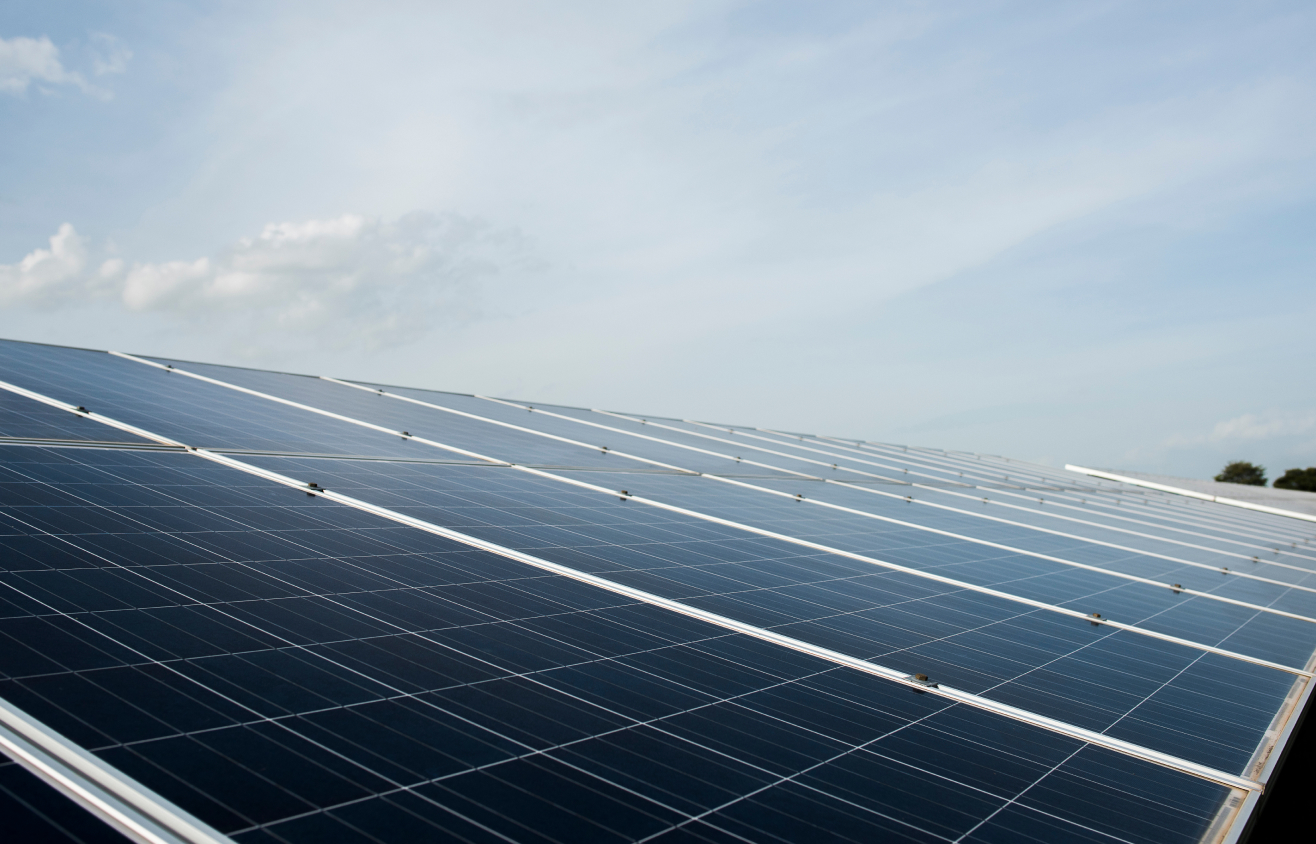Innovative Solutions for Oil and Gas
Explore CARBO’s cutting-edge technologies and tailored solutions designed to enhance efficiency and performance in the oil and gas industry. Discover how our products can transform your operations.
The CARBO team is passionate about supporting
innovation in both Oil & Gas and Renewable Energy sources.


Overview
Where did the additional 67 exajoules come from? The answer lies in natural gas, which accounted for nearly 40% of the extra energy and remains the fastest-growing energy source globally. Oil contributed 24%, while coal provided 14%. Together, hydrocarbons made up nearly 80% of the total energy increase, aligning with their long-standing dominance in the global energy mix, where they continue to supply over 80% of total energy. Renewable energy sources also played a role, with wind contributing over 9% and solar close to 7%. Hydropower added 4%, while nuclear power saw no net gain, as retired capacity balanced out new installations.
507
exajoules consumed in 2010.
800
exajoules in 2050.
80%
demand increase supported
by hydrocarbons.
Energy drives all life, from the tiniest microorganisms to the largest creatures like the humpback whale. For 3.5 billion years, life has evolved by harnessing energy stored in chemical bonds, enabling the intricate complexity we see in nature today. As organisms advanced, so did their energy systems, with mitochondria — tiny cellular power plants — playing a crucial role in powering movement, growth, and even thought.
The need for more energy has driven cultural and technological advancements throughout human history. The discovery of fire, for example, revolutionized our diet by allowing us to consume a wider variety of foods. For centuries, wood was humanity’s primary energy source for heating and cooking, as it was considered renewable, growing through the natural cycles of water and sunlight.
However, modern renewable energy sources differ. Unlike wood, they do not have inherent energy stores, and their production often depends on finite, energy-intensive resources. Additionally, food remains the primary energy source for the human body, and its availability has long been shaped by seasonal cycles and competition with other species.

To improve the lives of the seven billion people who aspire to the quality of life enjoyed by the fortunate billion, the world needs a significant increase in energy. Many still endure the burdens of hand-washing clothes, relying on unsafe cooking fuels, and dealing with expensive and unreliable electricity. However, economic and energy growth in recent decades has brought improvements, and this section explores the energy sources contributing to humanity’s growing energy needs.
Natural gas has been the fastest-growing energy source over the last 12 years, contributing 38% of the total energy increase. Oil followed, providing 24% of the added energy, despite the temporary decline in demand caused by COVID-19. Coal was third, supplying 14% of the growth. Today, hydrocarbons remain the dominant energy source, providing over 80% of global energy and accounting for 76% of the energy growth in the last decade, with their share of total global energy remaining largely unchanged.
Renewables like wind energy have seen rapid growth in percentage terms, but wind contributed only 9% of the additional energy used in 2022 compared to 2010. Solar power added just under 7%, while hydropower contributed about 4%. Hydropower growth mainly occurred in China, Latin America, and Africa, as OECD nations saw little expansion in this area. Although hydropower depends on rainfall, dams provide a reliable source of energy throughout the year.
The CARBO team is passionate about supporting innovation in both Oil & Gas and Renewable Energy sources.

Innovative Solutions for Oil and Gas
Explore CARBO’s cutting-edge technologies and tailored solutions designed to enhance efficiency and performance in the oil and gas industry. Discover how our products can transform your operations.

Advancing Renewable Energy Technologies
Learn about CARBO’s innovative solutions that support the growth and efficiency of renewable energy systems. Find out how we’re contributing to a sustainable energy future.
Discover how CARBO has been at the forefront of technological advancements and innovation for over 45 years. Explore our journey and see how our pioneering solutions have shaped the industry.

Resources
Case Studies
Get access
Please fill out the form to continue reading
Thank you for completing the form!
We appreciate your interest and look forward to providing you with
valuable content.
Get access
Please fill out the form to continue reading
Thank you for completing the form!
We appreciate your interest and look forward to providing you with
valuable content.
Join Us
Subscribe our newsletter and stay
up to date about the company
Thank you for completing the form!
We appreciate your interest and look forward to providing you with
valuable content.